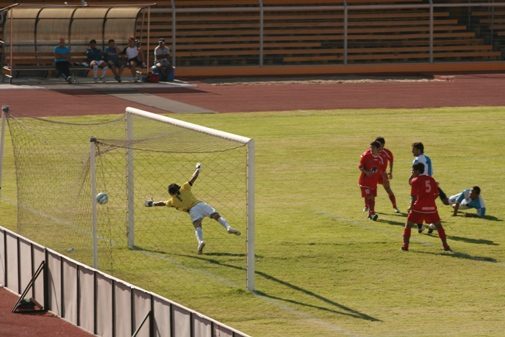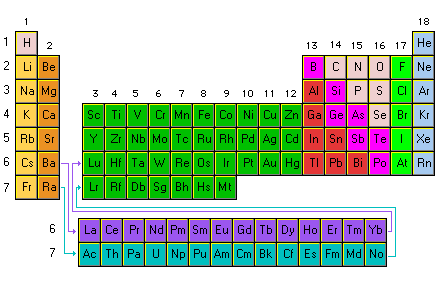 In the criminal law of most countries, house arrest is contemplated, a legal figure that normally applies to people tried in a case, but who have not yet been judicially convicted. As its name suggests, house arrest consists of an individual being penalized for remaining at home. Therefore, it is a custodial sentence. In the event that said penalty is breached, the arrested person would be committing a crime.
In the criminal law of most countries, house arrest is contemplated, a legal figure that normally applies to people tried in a case, but who have not yet been judicially convicted. As its name suggests, house arrest consists of an individual being penalized for remaining at home. Therefore, it is a custodial sentence. In the event that said penalty is breached, the arrested person would be committing a crime.
In what kinds of situations does house arrest occur?
As a general rule, if a person is being prosecuted, the law contemplates preventive detention until the final trial is completed. However, in some cases the law contemplates the possibility of substituting preventive detention for house arrest. This circumstance occurs for humanitarian reasons, that is, when someone is over 65 years of age, for health reasons or when women are pregnant. Normally this criminal sanction is applied for crimes considered minor.
The judicial decision to confine an individual at home presents two versions, one strict and the other more flexible.
In the first, the arrested person is under strict police surveillance, cannot leave his home under any circumstances and his communications are restricted. In the second, the arrested person remains at home, but has certain privileges (receiving visitors, going to work, accompanying their children to school or maintaining telephone contact with the outside world).
In either of the two modalities, this penalty implies the incorporation of a permanent location system. To make this possible, in recent years surveillance systems have been incorporated through radio frequency electronic devices or GPS systems that allow the control of the arrested person.
The flip side of house arrest
 In totalitarian regimes, house arrest occurs with some frequency. This circumstance is due to the fact that in these countries justice is not independent and is under the control of political power.
In totalitarian regimes, house arrest occurs with some frequency. This circumstance is due to the fact that in these countries justice is not independent and is under the control of political power.
In this sense, the adoption of this measure is not due to humanitarian causes, but is aimed at limiting the freedom of expression of inmates, who normally suffer house arrest for claiming fundamental rights that are not respected in their countries.
Photos: Fotolia - ssstocker / alexskopje




